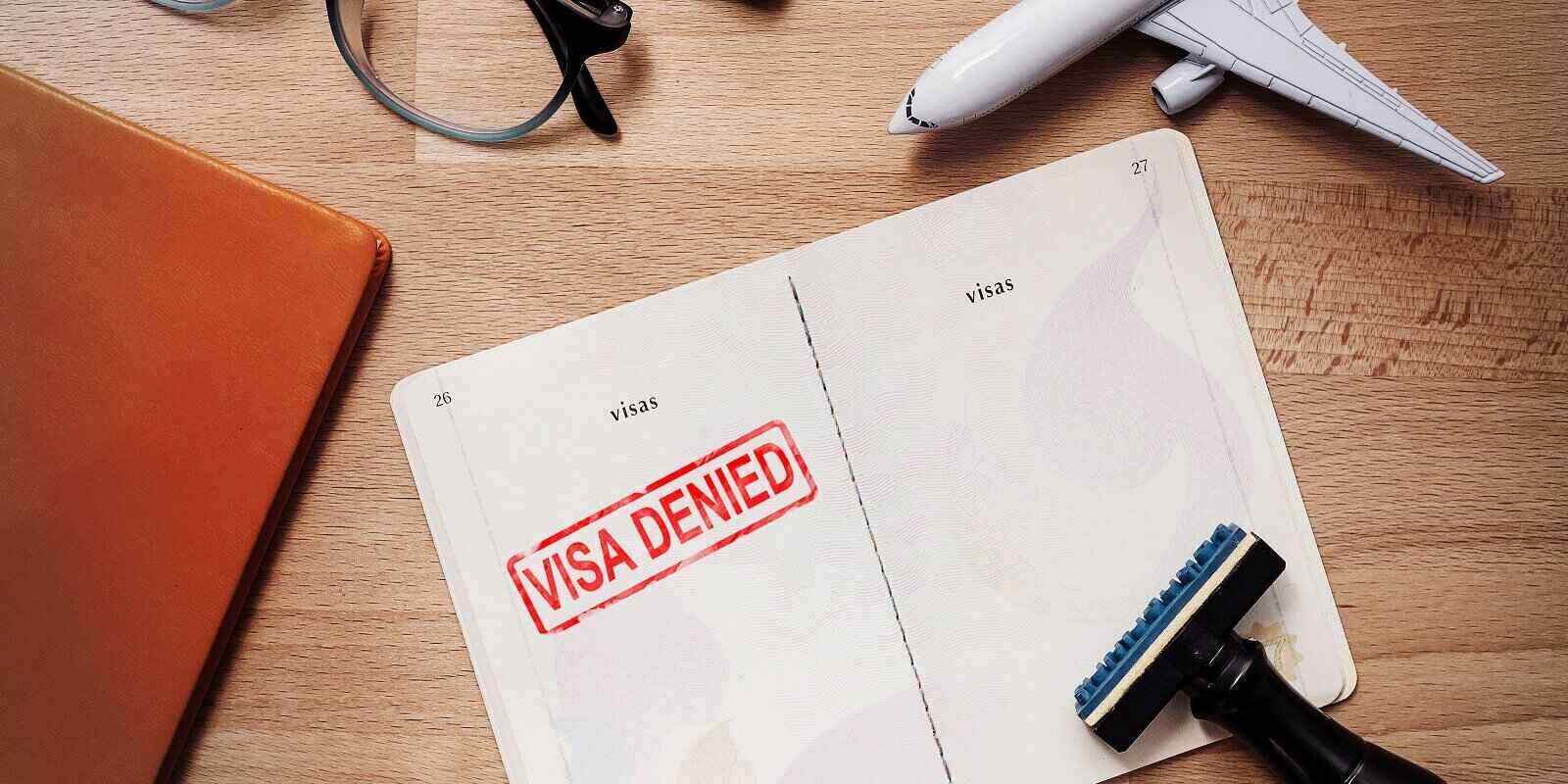The K1 visa process takes multiple steps and requires the U.S. citizen and their fiancé to provide detailed and honest information in regard to their relationship and marriage plans.
The 6 Most Common Mistakes Made During The K1 Visa Process
The most common mistakes made during the K1 visa process are errors and omissions with Form I-129F, failure to provide honest answers, inability to meet IMBRA laws, not meeting the eligibility requirements, a lack of preparation for the interview, and passing the 90-day marriage deadline after receiving a K1 visa.
Minor Errors And Omissions With Form I-129F
Form I-129F, Petition for Alien Alliance is submitted by a U.S. citizen to bring their fiancé to the United States so they can marry. The beneficiary is the foreign national, who is provided a 90-day entry into the United States to marry and start the process of becoming a permanent resident.
Small issues with your Form I-129F can lead to a delay or denial of your petition; in many cases, petitions are denied due to a failure to sign the form. It is important to go through each part of the petition slowly and ensure that all parts are filled out correctly. Your answers should be detailed and honest. If you are still unsure if you have filled out the I-129F petition properly, then consult with an immigration lawyer for assistance.
Failure To Provide Accurate And Honest Answers
One of the primary reasons for a denial of K1 visa applications is inconsistent answers or answers that are proved to not be honest. It is important to remain entirely transparent when filling out your Form I-129F. Be sure to read the instructions thoroughly and ensure that you fully understand what is asked before providing an answer.
Failure To Follow The Guidelines Established By The IMBRA
The International Marriage Broker Regulation Act (IMBRA) provides restrictions on arranged marriages to protect immigrants and U.S. citizens from potentially abusive situations. The law stipulates:
- Individuals under 18 are not allowed to be “marketed”
- The international marriage broker must conduct a background check of the U.S. applicant
- All crimes committed by either party must be disclosed in Form I-129F
- There is a limit to the number of petitions a U.S. citizen can submit for their (foreign) fiancé
If there are any issues related to the IMBRA in the application, then the petition is likely to be denied.
Failure To Meet The Eligibility Standards For The K1 Visa
All K1 visa applicants must provide evidence that they meet the eligibility standards established by United States Citizenship and Immigration Services (USCIS). For the foreign national to be awarded a K1 visa to enter the country and marry their fiancé who is a U.S. citizen, the couple must meet the following criteria:
- Must have met in person at least once in the last two years
- Have the intention to marry within 90 days of entering the U.S.
- Be able to marry within the state the wedding will be held
- Have an honest, good-faith relationship that has led to engagement
- The fiancé petitioner must be a U.S. citizen (not a lawful permanent resident)
Applicants that meet the eligibility standards but do not provide adequate evidence of their eligibility during the K1 visa process are still at risk of delays or having their petition denied.
A Lack Of Preparation For The K1 Visa Interview
The purpose of the K1 visa interview is to ensure the couple meets all of the eligibility requirements, such as having a good faith relationship and having the intent to marry soon after the foreign national enters the country. The K1 visa interview can seem intimidating, but you can ensure you feel confident and do well by properly preparing beforehand.
During the interview, the USCIS and consular officers look for any indications of marriage fraud. Common issues include no common language spoken between the two, a short engagement period, large age difference, different cultural beliefs, and more. Of course, these concerns in themselves do not lead to a denial of a K1 visa, but they should rather ensure that they have an adequate answer for possible red flags.
Passing The 90-Day Deadline After Receiving A K1 Visa
Last but not least, the couple has up to 90 days after the beneficiary enters the country to hold the wedding. A failure to marry within this 90-day window could lead to the need for the foreign national to return to their country as the K1 visa will have expired.
Talk To The Immigration Attorneys At Pride Immigration
If you are in need of assistance with your K1 visa application or would like a consultation to discuss how an immigration lawyer from Pride Immigration can help you, then contact our experienced and professional team today.
Beeraj Patel, Esq.
Latest posts by Beeraj Patel, Esq. (see all)
- Transitioning to Permanent Residency Through Adjustment of Status for Asylum Seekers - April 14, 2025
- What to Do If Your Employer Withdraws Support During the Green Card Process - March 31, 2025
- How a Green Card Attorney Can Help with Complex Immigration Cases Involving Family Separation - March 17, 2025
